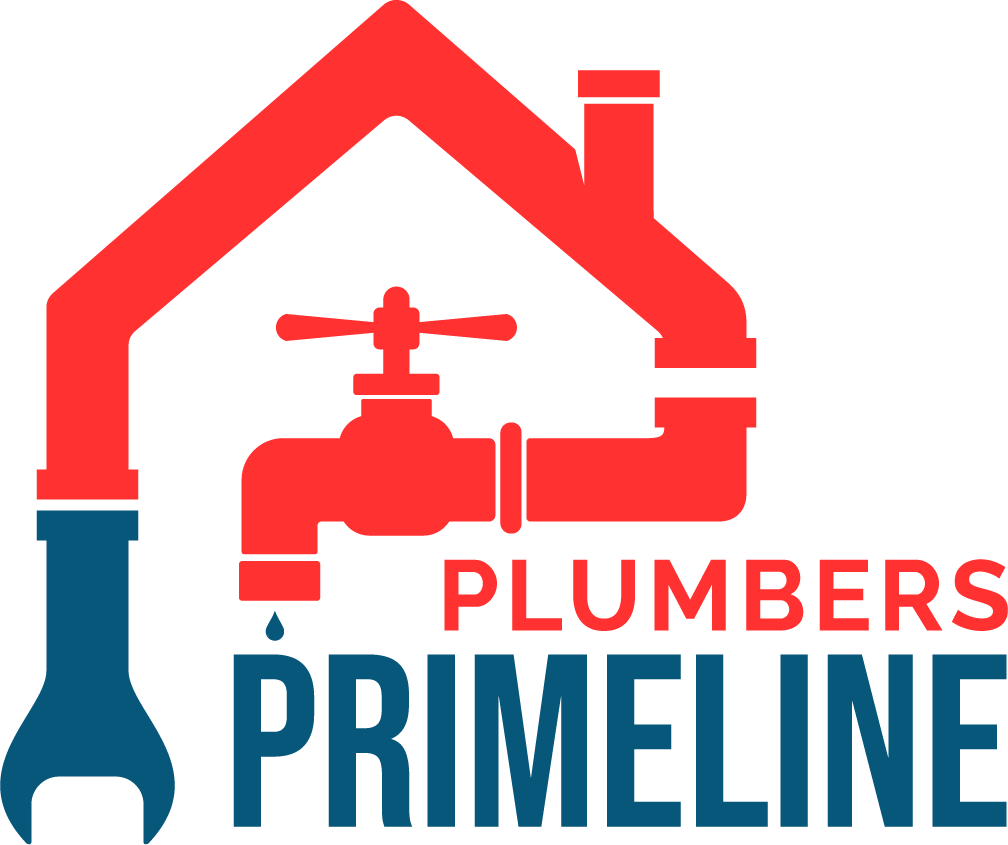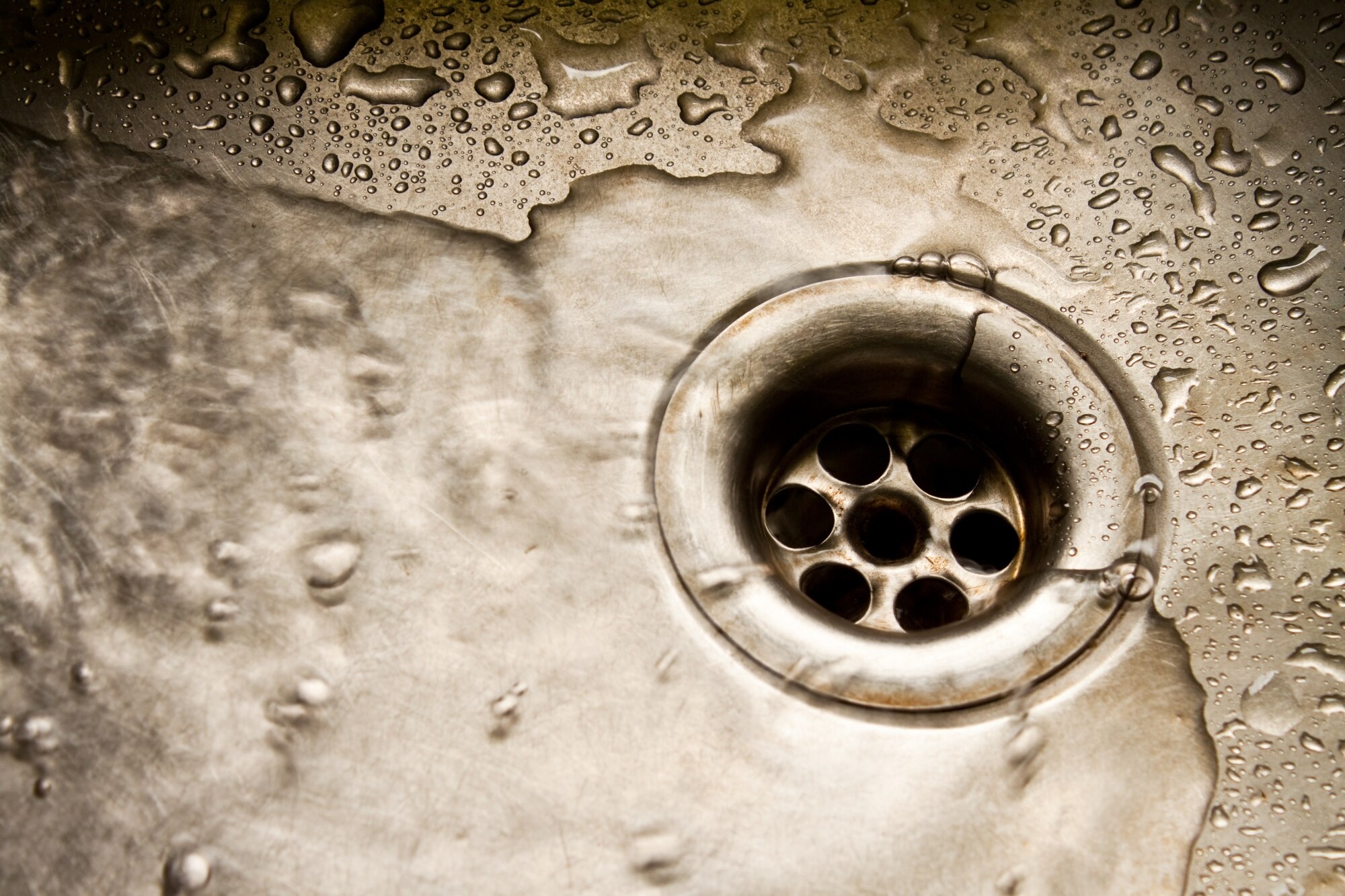When you come across with term clog, the first thing that comes to mind is a clogged toilet or sink. Although they can be nasty but still their unclogging and maintenance are not hard and costly. But when it comes to sewer drains the clogs can get really nasty. Not only do they cause considerable water damage to your property, but they can be heavy on your pocket too.
Thus, it’s better to adopt some precautionary measures to prevent sewer drain clogs to maintain the health of your plumbing system.
But before that, you need to know the answer to 2 basic questions about sewer lines. This will help you understand them better and you can adopt measures and know where to look if an issue arises.
How Does a Sewer System Work?
Wastewater from residences and businesses is transported by the sewage system to treatment facilities. There it is cleaned and then discharged back into the environment. It is made up of a system of sewer mains, drains, and pipes. Smaller pipes that link to bigger sewer mains under streets carry wastewater from sinks, toilets, and drains.
Although the water is mostly moved by gravity, pumps can be used in low-lying places. Wastewater is cleaned, filtered, and treated to remove dangerous germs once it gets to a treatment facility. After cleaning, the water is released into lakes, rivers, or the ocean, and the solid trash is recycled or disposed of appropriately.
Contact Primeline Plumbers for professional sewer line repair and replacement services in Nassau County.
How do I Find My Sewer Line?
The plumbing layout of your property can be found in house plans or by contacting the building department of your city. This is a good place to start when trying to find your sewage line. Usually, the sewer line goes from your home to the city sewer main, which is frequently found under the street.
In your yard, look for a sewer cleanout, which is typically a white, black, PVC, or metal pipe cap next to the home or along the walkway leading to the street. You can also hire a plumber if the cleanout is difficult to find. They will use special equipment, such as video cameras, to inspect your sewer system.
Ways to Prevent Clog
Proper Waste Disposal
The basic yet most effective way to prevent sewer drain clogs is to be mindful of what goes down the drain. Mostly, clogs are caused by improper waste disposal such as oils and other heavy objects. Their removal is hard as they don’t break down easily.
Avoid Draining Grease or Oil Down the Drain
Grease from cooking including oils and fats often builds up with time causing the clog. So, instead of pouring them down the drain, it’s better to solidify them in a container before disposal.
Be Cautious with Food Scrapes
Make sure to compost the food waste properly. Proper food trash disposal in the form of compost can save your sewer drain line. These bulky particles can accumulate and cause the clog.
Flushing Toilet Paper
We think flushable toilet paper is safe for the toilet drain pipe system, but it’s not. Even the product that comes with flushable tags can clog the pipeline. They are hard to break so they stay and cause a clog. So, before using any flushable toilet paper. Do a simple test. Take a toilet paper leave and let it sit in water if it disintegrates then you can use it, otherwise, it would be wise to prevent it.
Use Drain Screens or Guards
The best way to prevent clogging of sewer drains is using good old drain screens or guards. They are an affordable and effective solution to keep debris from going down your kitchen sink, shower, and bathtub drains. They can drain and catch hair, food particles, and other debris before they enter your place’s plumbing system.
Routine Maintenance and Cleaning
Simple routine cleaning and maintenance go a long way. Flushing your drains with hot water every once in a while, can keep sewer lines free from grease build-up along the pipes’ inside walls. Moreover, using a solution of vinegar and baking soda can also prove helpful in preventing debris build-up in sewer lines.
In case, you still feel like your sewage drains are acting up then using hydrojetting is a great way to prevent clogs. In this method, a professional expert will use high-pressure water to clean the sewer line. Trust Primeline Plumbers for reliable sewer line solutions in Rockland County.
Conclusion
Preventing the clogs is just a matter of adopting some simple habits and regular maintenance. However, if the issue persists then it can cause various other issues like septic tank-sewer line connections leak. So, it’s better to take professional service before things get this out of hand.In this regard, Primeline Plumbers is just a call away. So, reach us to deal with any kind of persistent clogs.



Comments are closed